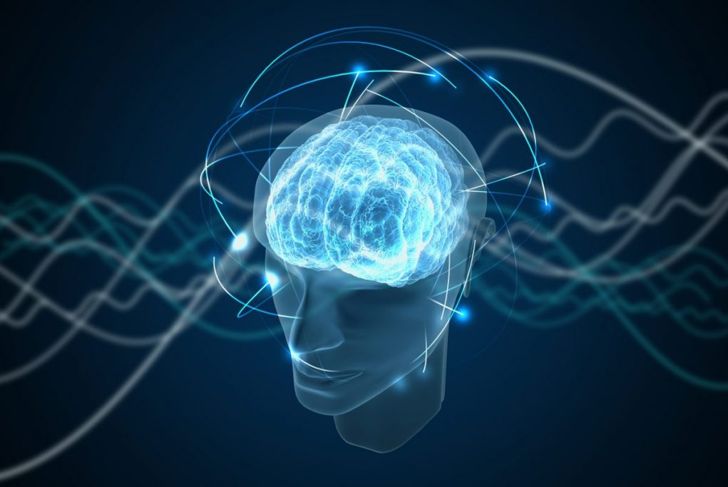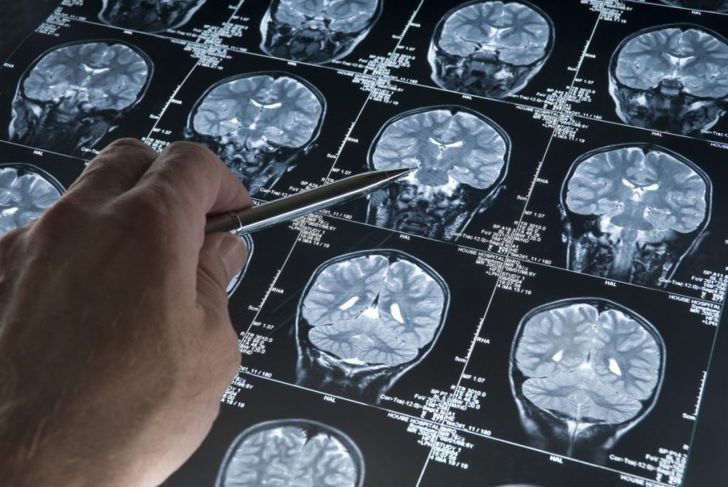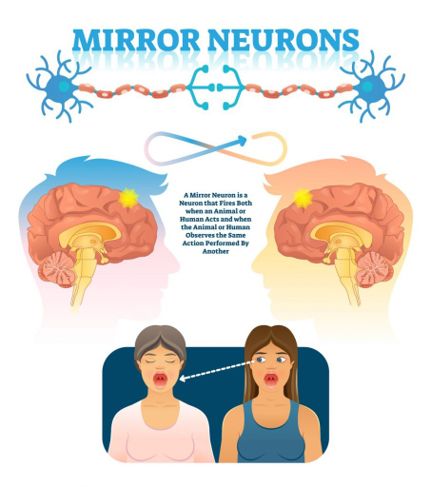Our society values empathy as an essential trait. Having consideration and something more than sympathy for the plights of others helps us feel connected to fellow humans. For some of us, though, considering others’ feelings doesn’t just cause us to shake our heads; some individuals feel the joy or pain that others are experiencing. These people are empaths. Such a psychological phenomenon is difficult to pin down with scientific data, so viewpoints vary widely. Since empathy is an emerging area of research, objective evidence is scarce. Unravel the enigma of the empath with these expert insights.
Are Empaths Real?
The concept and definition of the empath have sparked immense interest and debate among neuroscientists, psychologists, and internet experts. The American Empath Association defines empaths as people who can detect the thoughts and feelings of other people, places, animals, or objects. Empaths not only discern these emotional states and physical feelings; they absorb them as well. The AEA states that this innate ability “defies conventional science and psychology.”
A Metaphysical Perspective
Metaphysics is the study of the world through the lens of abstract, spiritual concepts that cannot be scientifically explained. Opinions regarding metaphysical concepts vary greatly because the concepts have no empirical data that can be observed or measured. From this viewpoint, however, many people hold that empaths also detect and absorb energy from other people, animals, plants, and inanimate objects. Empaths understand that energy gets exchanged in every interaction with others and they feel this energy — or “vibe” — deeply.
Having Empathy vs. Being an Empath
Empathy is a complex but important social skill. It involves being attuned to the feelings and circumstances of others. When our hearts go out to others in need, or we put ourselves in someone else’s shoes, we are feeling empathy that moves us to speak or act benevolently. Empathy causes us to feel deeply for others, but empaths literally experience the emotions of others as their own. These people also absorb unspoken feelings and energy that emanate from others. Thus, they deal with an enhanced mental load compared to an ordinary empathetic person. It is quite common for empaths to experience physical symptoms such as head and stomach aches due to their exposure to so many emotions.
What’s Happening in the Brain?
According to a meta-analysis published in Brain, substantial neuroimaging evidence shows that certain regions of the brain activate when we observe pain and suffering. A joint action of these regions facilitates an integrated cognizance of sensory, cognitive, and affective functions involved in empathetic pain. The findings of this research suggest that empathy is comprised of emotional feelings and stimulated by inputs to the anterior insular cortex.
Mirror Neurons
Some neuroscientists maintain that the neurons in the anterior insular cortex are what enable us to share others’ joys, fears, and discomfort. Empaths may possess hyper-sensitive “mirror neurons,” so they experience the feelings of others on a deeper level. Although research confirms these neural activations, the role they perform in empathy is unclear. An article published in Neuroscience Research points out that scientists disagree on whether mirror neuron responses reflect or cause the activations. Also, most studies have only explored empathy for pain; the few studies that investigated different emotions had mixed results.
Empath Types
Emotional empaths are the most familiar empath type. These individuals experience the emotions of other people more deeply than highly sensitive or other empathic people. However, the AEA recognizes several other kinds of empathy that sometimes overlap. Although much anecdotal evidence substantiates these uncanny abilities, research has yet to back many of the claims. Medical or Physical Empaths have an intuitive awareness of another’s aches and illnesses and can sense the other person’s needs for healing. Animal or Fauna Empaths can sense an animal’s feelings and needs and can influence the animal’s behavior. Nature or Plant Empaths feel strongly connected to nature, the planet, and the needs of plants and trees. Claircognizant Empaths look past body and verbal cues and discern another person’s true intentions, while Psychometric Empaths detect energy in clothing, jewelry, pictures, and other inanimate objects.
Empaths and Depression
Empaths are especially vulnerable to depression because they are constantly drained by sensory overloads such as crowds, excessive talking, noises, and smells. They often feel others’ pain and fear. Empaths hear that they are being oversensitive, so they conclude that something is wrong with them. Their overwhelming desire to please others makes setting boundaries difficult, and manipulators tend to push empaths past what is comfortable. To cope with the barrage of sensory and emotional experiences, some empaths seek comfort in excess food, alcohol, drugs, and other harmful habits.
How Empaths Can Manage Emotions
Dr. Judith Orloff, an empath, psychologist, and author teaches empaths to determine whether what they are feeling arises from their own emotions or someone else’s. She teaches that they must set boundaries to preserve their well-being, and retreat to nature and meditation to calm and ground themselves. Most importantly, she encourages them to embrace the gift of heightened empathy and use it to cultivate emotional intimacy and increase understanding of others and the world.
Test Yourself: Are You An Empath?
Dr. Orloff advises people to evaluate their empathic tendencies with this short test. She asserts that acknowledging one is an empath helps him or her take charge of emotions rather than succumb to them. If you answer “yes” to more than three, you might be an empath:
- Do people say I am too sensitive or overly emotional?
- If a friend is sad, do I feel sad as well?
- Do my feelings get hurt easily?
- Do crowds drain me, requiring me to escape for time alone?
- Does noise, excessive talk, or odors fray my nerves?
- Do I overeat, drink excessively, or overindulge in other activities to cope with emotional stress?
- Am I afraid of being emotionally suffocated in a relationship?
Caution from Neuroscientists
The authors of the Neuroscience Research review express concern that increased scientific information on empathy may be leading our society to conclusions that deviate from the facts. These researchers recommend that science communicators clearly convey the limitations of their observations. The authors also suggest being more specific in neural and conceptual-psychological descriptions when discussing empathy to deflect misinterpretations. These steps are crucial toward progress in the field of social neuroscience and the understanding of empathy.

 Home
Home Health
Health Diet & Nutrition
Diet & Nutrition Living Well
Living Well More
More




















